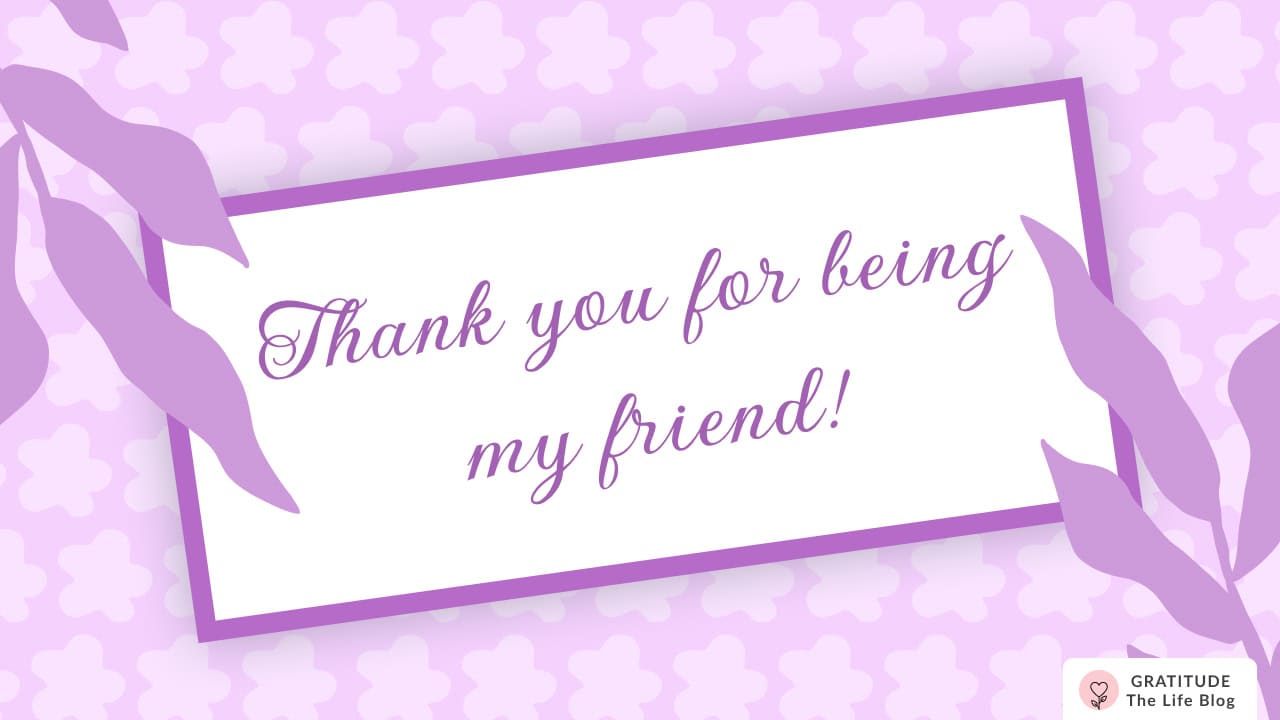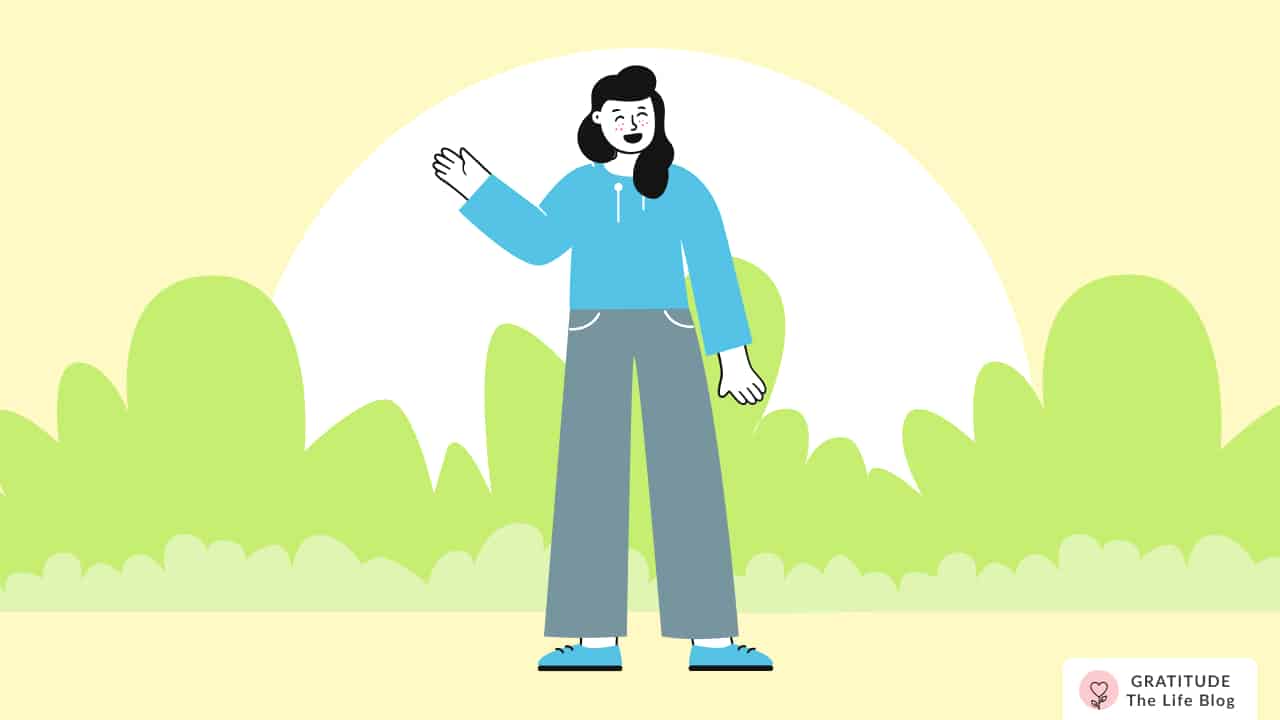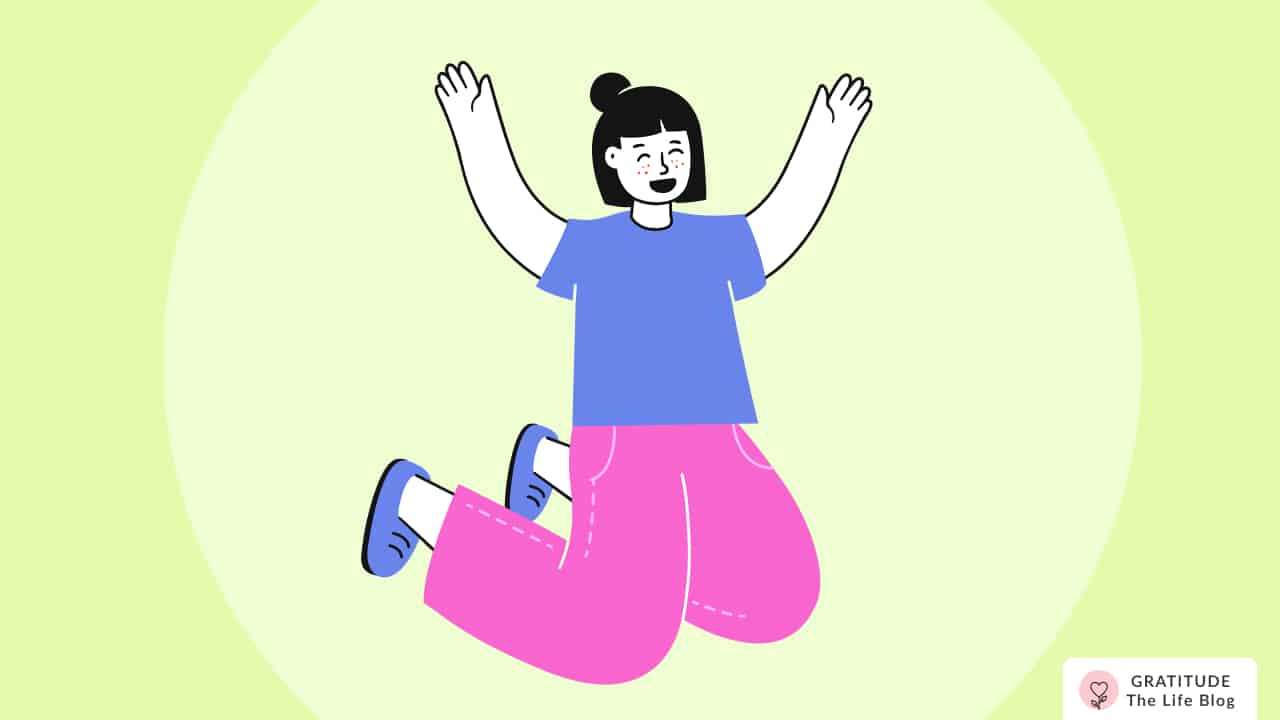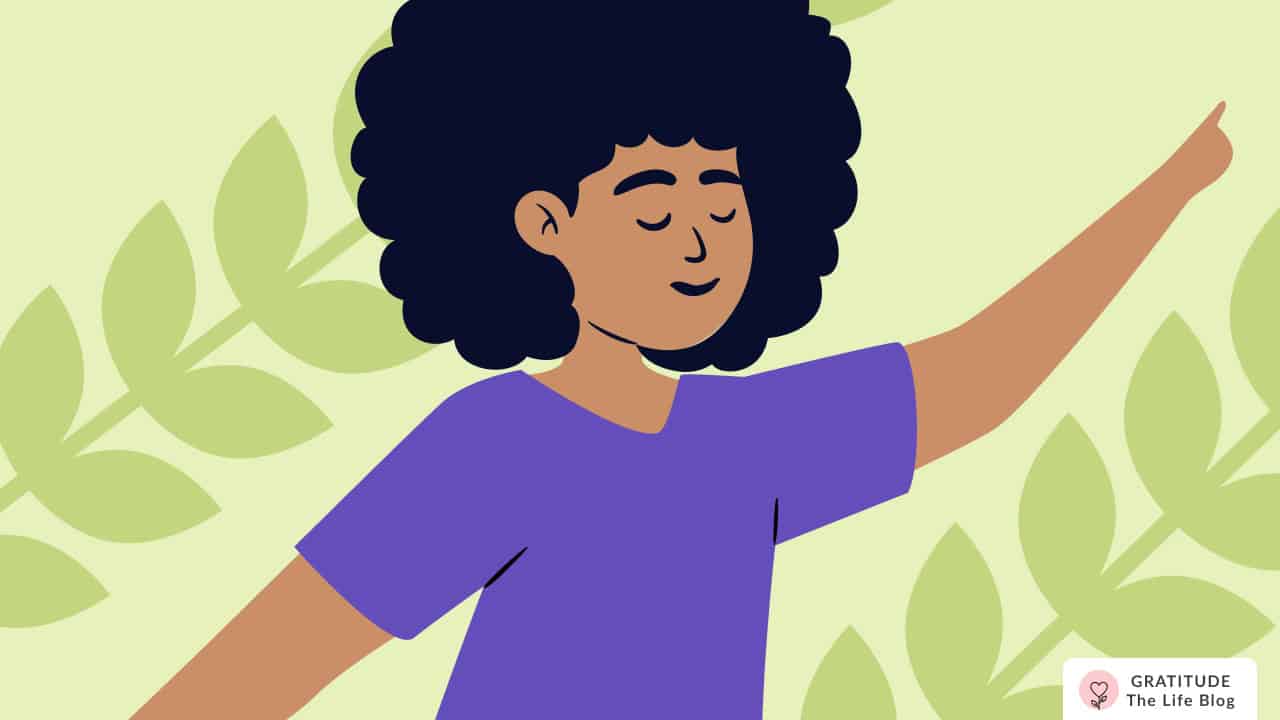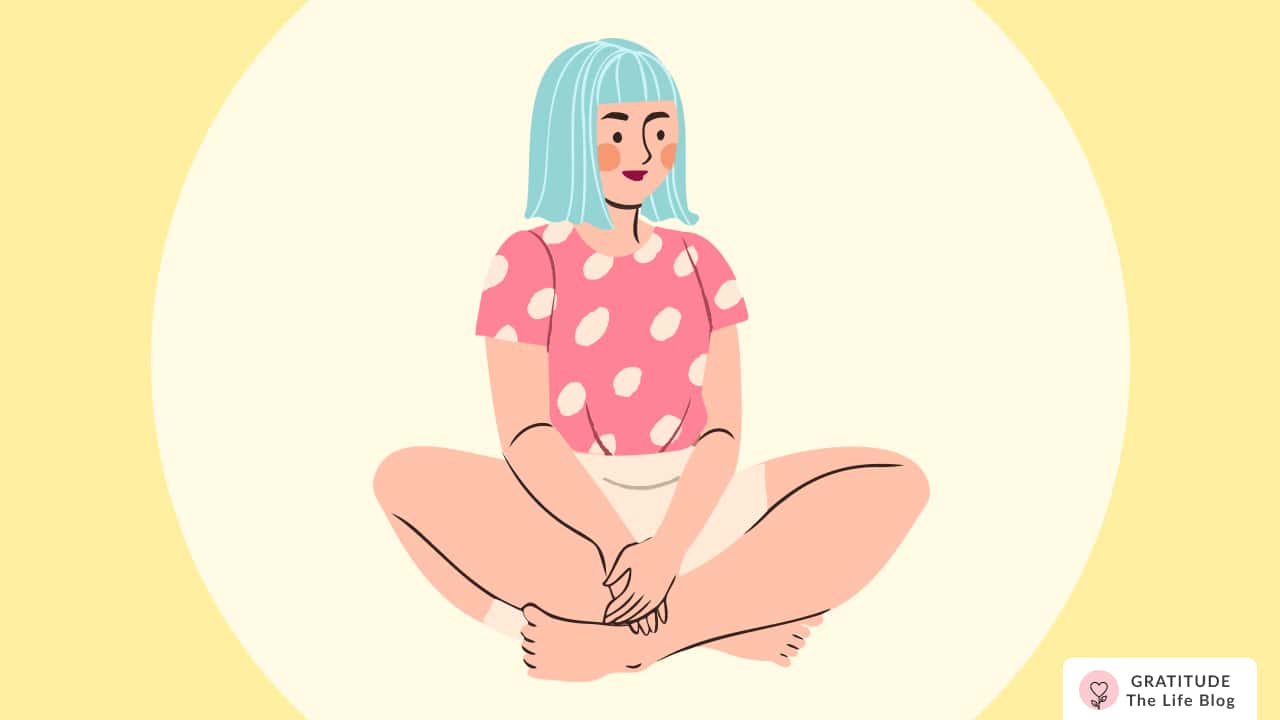Your Guide on Optimism and How to Be Optimistic
Learn the path of optimism and build a better future.

It’s such a beautiful word, isn’t it? Optimism. And it’s a real treat to write about it as I’m currently reading Man’s Search for Meaning by Viktor Frankl.
Optimism is often misunderstood, but even in the direst of circumstances, optimism can be life-saving. Even I have had some questions related to it in the past - whether it is toxic or unrealistic, making people live in their heads and not be there for others in their lives, or making them lose empathy. But optimism is not that. It is a tool that helps us not only strengthen ourselves but others too.
What is optimism
In the most simple terms, optimism is believing in a better future. It is about believing that however the present circumstances may be, we will make it through.
It’s about believing that you will eventually get success in your work and that you will become healthier. It’s about having hope and not giving up even in the face of trouble.
In contrast, pessimism is the opposite. Not having hope, thinking that the future is not going to turn out better, that situations will either not change or get worse.
Most of us are optimists and pessimists about different things. We may believe that there is a better future for something, and be hopeless for others.
Also, optimism is different from positivity in the sense that it does not try to change the meaning of the present situation.
It doesn’t deny that things are in a bad state. It is aware of the truth and accepts it, but has hope that things will get better in the future and pain will eventually pass by. Optimism is about resilience.
Benefits of optimism
- Leads to success: Optimists are more likely to work harder because they believe that their efforts will pay out well. If we think that we’re going to fail in the end, we wouldn’t bother to do something today too.
When things turn out well, optimists have a stronger sense of self-belief and what they did to make it work.
And if things fail, they don’t turn to blame themselves, they say things like maybe it wasn’t the right time, so that they can grow away from that failure and keep going forward. This makes them more resilient. - Happy even when anticipating: Since optimists believe in better futures, that helps them feel happy during the anticipation of what will happen.
Think about it, when you imagine a good future, you already start to feel good because of it. It’s also something that gives us strength in an unpleasant reality,
I know it has helped me tremendously… believing that things will get better. - Makes us feel healthier: In many types of research over time, it has been shown that optimism helps people live longer and healthier lives.
In a Dutch study, researchers tracked 545 men who were free of cardiovascular disease and cancer when they were evaluated for dispositional optimism in 1985.
Over the next 15 years, the optimists were 55% less likely to die from cardiovascular disease than the pessimists, even after traditional cardiovascular risk factors and depression were taken into account.^ - More possibilities: Since optimists don’t give up easily, they are keen to look for solutions and possibilities in situations. This helps them actually reach the future they hope for.
- Stronger in times of suffering: As I mentioned above, optimism is a strong tool in suffering. We as human beings make choices in infinite moments of our lives.
When we suffer, we have the choice to either succumb to the situation and lose hope or not give up and strengthen ourselves. - You’re a better company: Who likes someone who has a doomed and hopeless perspective toward everything? Everyone wants to be around people who help them feel better either by direct support or just by their demeanor.
Optimists are not only good to be around but they are also people who can be relied upon, people who inspire, people who lift others up.
The con of optimism
If we take optimism too far, it can make us unrealistic. Unrealistic optimism would then lead to risky behavior, bad planning, and even financial collapse.
Anything overdone defeats its purpose. Let’s try and maintain a balance with optimism and stay realistic. For matters that are closely connected with our life’s quality and well-being, be optimistic but don't hide away from the truth.
Just because we think an investment may give immense results doesn’t mean we should put all of our money into it. Measure the risks of any big action and choose accordingly.
Now, with this, let’s learn how to be more optimistic in our lives.
How to be optimistic
The great news about optimism is that it can be nurtured. Yes, there are some natural reasons for it like genetics but they are only a small part of optimistic behavior.
Parents can nurture their children to be optimists by exhibiting that behavior themselves. But even if you didn’t have an optimistic environment or have forgotten how to be an optimist, you can learn it.
In fact, if in this moment, you believe that you can learn optimism, you are being optimistic.
And with that, here are the four ways that we can learn to be optimistic in our lives:
1. Choose optimism
In every situation of our lives, we have the choice of shaping our perspective over it. This is how we empower ourselves.
We can choose whether to act or not, whether to be optimistic or not. So, a very big part of learning optimism is choosing it.
And keep choosing it until it becomes a natural part of how you think. Going down the negative path, especially in face of failure or struggle is very easy and natural for a lot of us because the situation is so.
But we can choose to take a different route and have some say in how we deal with life’s phases. That choice makes all the difference.
2. Gratitude
A powerful way of developing and choosing optimism is gratitude. At the end of the day, you can reflect by focusing more on the things that went right and were joyful instead of the things that didn’t.
Instead of discouraging yourself for what you couldn’t do, you can choose to appreciate what you did do and the effort you put into everything.
Gratitude is a useful habit to have and it will gradually shape your personality toward optimism. A great tool to practice gratitude is keeping a gratitude journal.
You can also try out a gratitude prompt right now to try it out. Just take a moment and think about one happy moment from yesterday, no matter how short. Sit with the feeling it gives you and express gratitude for having experienced it.
3. Affirmations
In the simplest sense, affirmations are the words that you say to yourself in response to a situation or feeling. They can be both positive and negative. Positive affirmations for optimism can sound like this:
- There is light at the end of this.
- I believe in myself.
- This will soon pass.
- The future is looking bright.
- Good things are coming
Saying these affirmations to yourself on a daily basis will help you be optimistic more naturally with time.
Take out 5 minutes in the morning or evening or both and write down positive affirmations. Another great way is to listen to affirmations or read them. You can use our Gratitude app where we give you 600+ recorded affirmations and you can also write your own and add your voice to them.
It’s much easier to build a habit with an app reminding you to do it, isn't it?
4. Read other people’s stories
People inspire us. When we see someone who has been through similar or worse situations than us and gotten out of it stronger, it makes us believe that we can do it too.
There is immense power in stories of real people. One such story is of Marcus about how he made it through addiction, depression, and suicidal tendencies to one of the best and most inspiring people I’ve had the fortune of knowing.
He will surely make your day. You can read hundreds of more stories here.
And, that’s it from me! I hope you found this article helpful. Be sure to share it with your friends and family to spread the light of optimism, but more importantly, become an example of optimism yourself.
I wish you the very best. Take care!
Continue Reading: 15 Easy & Simple Positive Thinking Exercises To Improve Your Mood

















